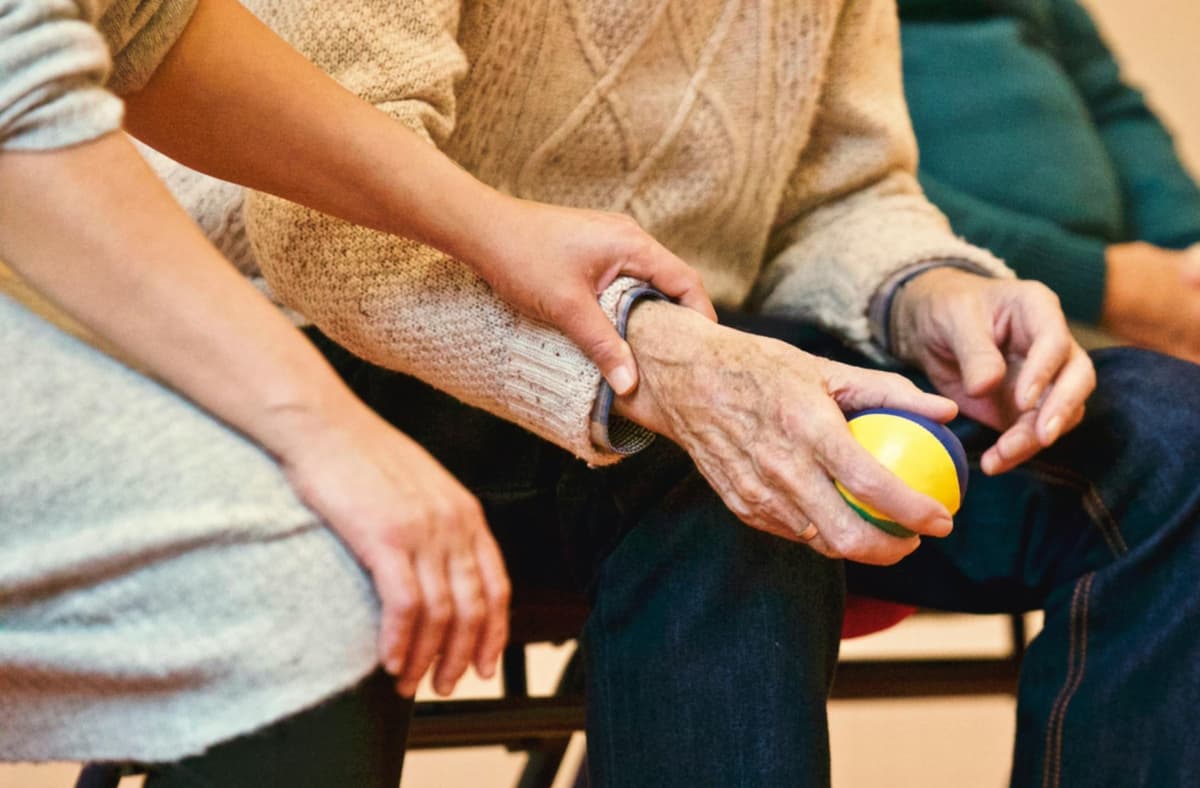Drug That Is Already in Use Could Slow Down Aging in Humans
The medication notably improved skin aging signs and enhanced both immune and cardiovascular functions.

Researchers and scientists are exploring the potential of a drug traditionally used to prevent organ rejection in kidney transplant patients, rapamycin, as an agent to slow the aging process.
Rapamycin, also known by its alternative name sirolimus, is an immune-suppressing medication now being repurposed off-label to extend human longevity. At the heart of the research is the drug’s ability to target the mTOR pathway in cells — a mechanism previously shown to extend lifespan in animal studies.
An authority in healthy aging and dementia research, Andrea Maier, emphasized its potential benefits in humans for fending off age-related diseases. “By targeting a key pathway [mTOR] in cells, this drug has been shown to extend lifespan in animals and could be beneficial to prevent age-related diseases in humans,” Dr. Maier, who serves as a professor and director at the Centre for Healthy Longevity at the National University of Singapore, told Fox News Digital.
Dr. Maier was co-author of a recent study published in the Lancet Healthy Longevity journal that examined rapamycin’s effects on healthy humans. The findings indicated that the medication notably improved skin aging signs and enhanced both immune and cardiovascular functions. “Rapamycin and its derivatives improve the immune and cardiovascular function of healthy individuals or individuals with aging-related diseases,” Dr. Maier told Fox.
A molecular biologist, Daniel Tawfik, who is co-founder of a digital medical clinic focusing on anti-aging therapies, Healthspan, reported that his team leverages rapamycin to decelerate aging. “We view this through the lens of reducing the accumulation of damaged senescent cells,” Mr. Tawfik explained to Fox News Digital from his base at Santa Monica, California.

